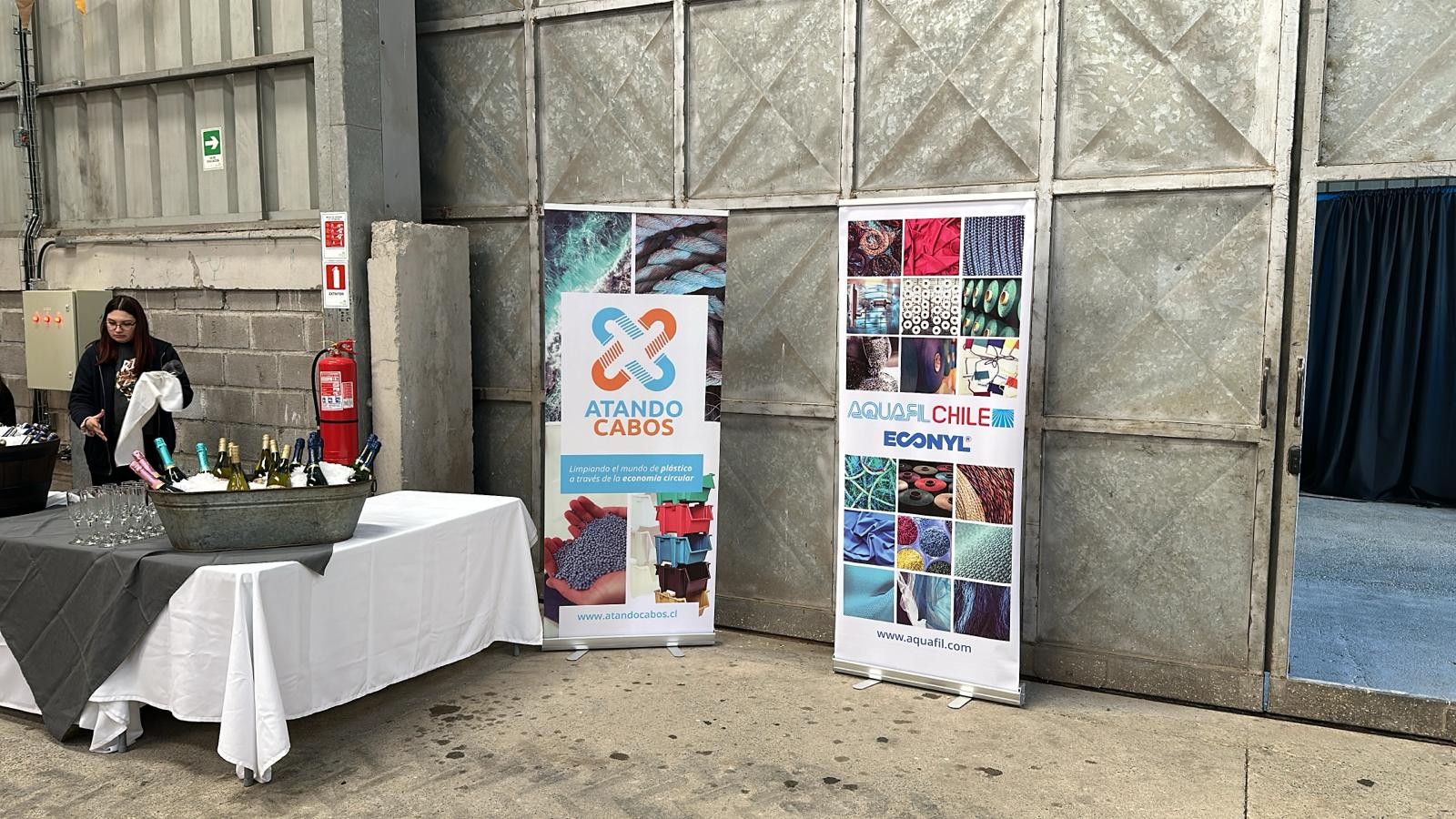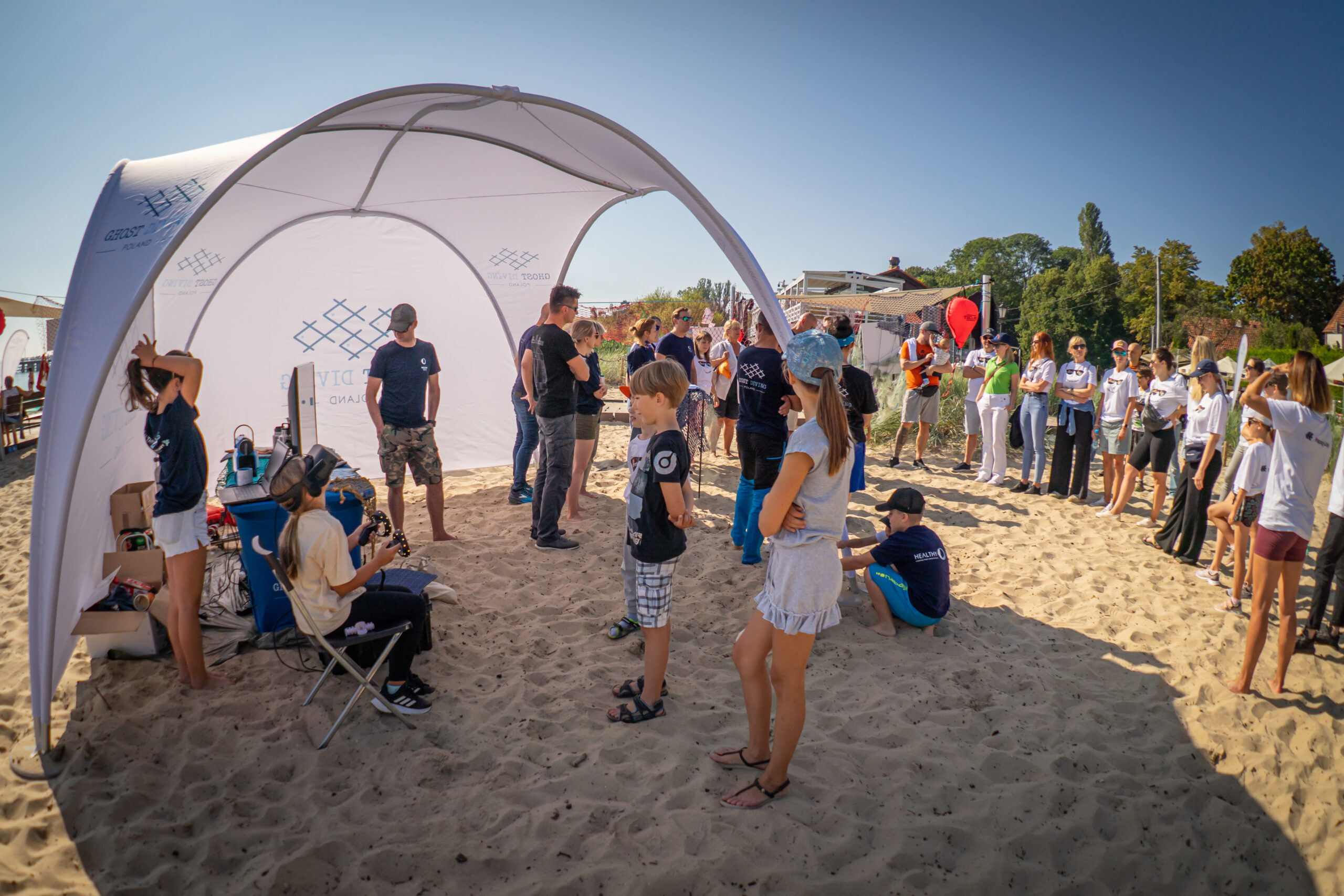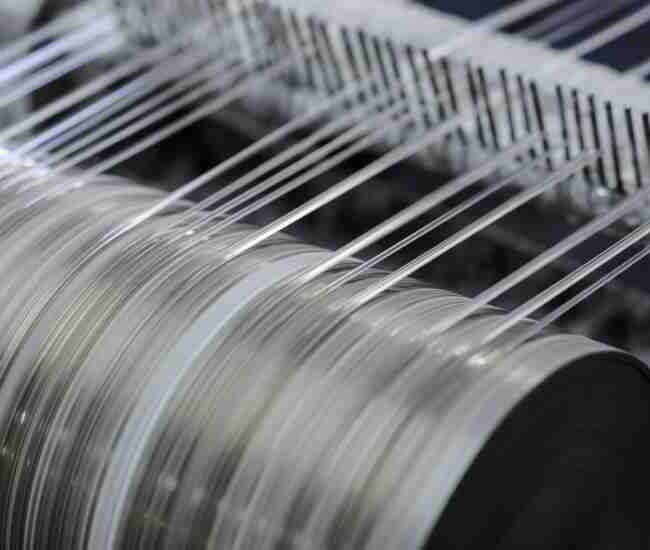Inauguration of Recycling Plant in Puerto Montt
Chile becomes one of the world’s leading suppliers of net recycling
- Our country will be the first in Latin America to work on the recycling of plastic waste from the sea, after the signing of an agreement between Atando Cabos and Aquafil Chile, part of the Aquafil Group, which with a significant investment will create approximately 30 jobs from a new joint capital company, ACCA, whose operational plant is inaugurated in Puerto Montt.
- ACCA is the company that was born from the alliance between Atando Cabos and Aquafil Chile, which will be dedicated to the collection and sorting of spent fishing gears, with a capacity to process 2,500 tons per year in a first stage.
Puerto Montt, April 2024.– Aquafil, one of the largest nylon producer in the world and the company that in 2011 established a chemical plant for the regeneration of nylon 6 waste, and Atando Cabos, a Chilean cleantech company dedicated to the recycling of plastics to help preserve ecosystems, join forces to form ACCA, a joint venture company whose objective is to collect and sort nets used in aquaculture and industrial fishing industry.
The alliance between Aquafil Chile and Atando Cabos is another step to bridge the gaps in the salmon industry, reduce its carbon footprint and ensure that most of the material used in the processes is recycled. The new company will initially receive old fishing gear from the regions of Los Lagos, Biobío and Aysén prepare it technically for export to Slovenia, where it will be used to produce ECONYL® regenerated nylon.
Aquafil has successfully implemented this type of initiative in Norway, in collaboration with Nofir, Europe’s leading company in the treatment of fishing and aquaculture nets. Recently, Aquafil entered the capital of Nofir and, thanks to the experience gained, will apply the best practices of this effort to the new company in Chile.
ACCA is a project with a triple impact: economic, social and environmental, as it helps to avoid the contamination of our land and support environmental and social projects in local fishing aquaculture organizations.
“At Aquafil, we are committed to circular economy and this partnership is an expansion of our ability to collect, recycle and regenerate different nylon waste into ECONYL® nylon that will be used to create products such as swimwear, bags, jackets, as well as industrial products. This operation in Chile will focus on the recovery and sorting of all nylon 6 from fishing gear, nets and other waste throughout Chile and potentially the rest of South America, in collaboration with industry leaders and governments,” Giulio Bonazzi, CEO at Aquafil Group, said. “Furthermore, we are happy to announce that the first circular fishing net entirely made of ECONYL® nylon has been produced, closing the loop also for the aquaculture sector. This pilot project started in Greece and has the potential to be extended in South America too.”
From Atando Cabos they indicated that “we are convinced that it is possible to do profitable business and generate positive impact, articulating the entire chain. Through the new ACCA Plant, we want to continue giving a new life to the waste that is polluting the environment, ensuring ropes traceability. This Project, with ropes & nets, is circular economy 2.0 and we are excited to carry it forward,” said the co-founder of Atando Cabos, Michel Compagnon.
“On paper, creating a circular economy seems simple, but it is far from it. It’s not about nice suits, ties, conferences. It’s about what surrounds us. It’s what we all talk about, but few are willing to tackle the problem and seek solutions. We stand out from others because we truly follow through with what we say. With us, you’ll know exactly how and where your waste will end up. Today, when greenwashing has become a significant problem, this is more important than ever”, explained Saša Muminović, President at ACCA and President at Aquafil Chile.
About Aquafil
Aquafil is also a pioneer in the circular economy thanks to the ECONYL® regeneration system, an innovative and sustainable process capable of creating new products from waste and giving life to an endless cycle. Nylon waste is collected in locations around the world and includes industrial waste, but also products – such as fishing nets and carpets – that have reached the end of their useful life. This waste is processed to obtain a raw material – caprolactam – with the same chemical and performance characteristics as those from fossil sources. The polymers produced from ECONYL® caprolactam are distributed to the Group’s production plants, where they are processed into yarn for carpets, carpet floors and clothing. Founded in 1965, Aquafil is one of the leading producers of nylon in Italy and the world. The Group is present in three different continents, with more than 2,500 employees. For more information, please visit www.aquafil.com or @Aquafil Group.
About ECONYL® Regenerated Nylon
ECONYL® is a brand of regenerated nylon that is made from recycled waste instead of petroleum and is also regenerable an infinite number of times without affecting quality. ECONYL® yarn helps divert global waste streams that would otherwise pollute the Earth, such as fishing nets, carpets, and industrial plastic. Designers use ECONYL® to produce a wide range of textile products, including sportswear, swimwear, bags, eyewear, and carpets. For more information, visit www.econyl.com or @ECONYL.
About Connecting the Dots
Atando Cabos is a cleantech company that found a way to clean the world of plastic waste, ensuring that this waste never returns to the environment, transforming it into high-value products with recycled material and designation of origin. Thanks to Atando Cabos, today it is possible to have products manufactured 100% with recycled material and with an exact designation of origin.
Atando Cabos developed T.R.S.T., a technology that allows them to trace the positive impact of their work throughout the cycle: from the most remote place anywhere in the world to the final product, allowing them to identify the exact origin of each plastic waste.




